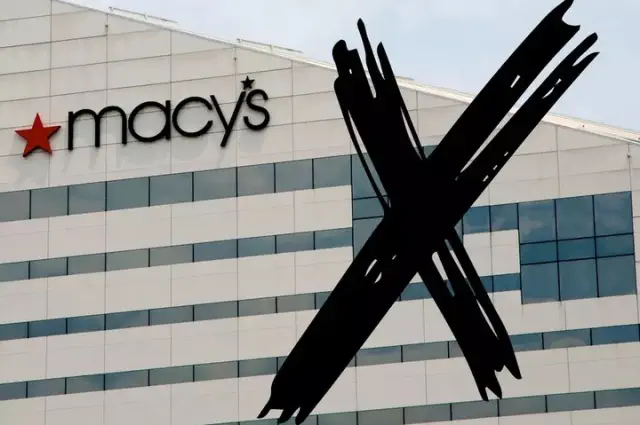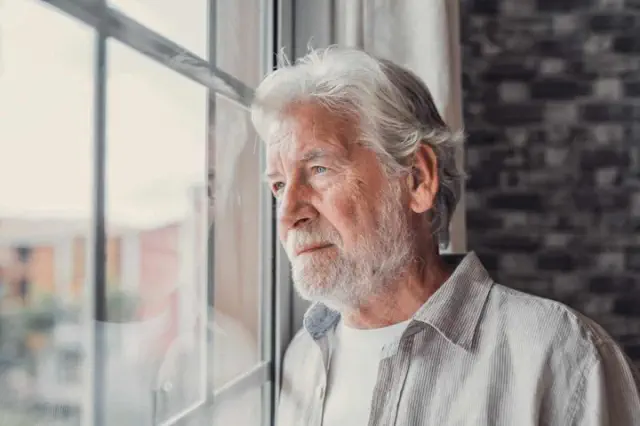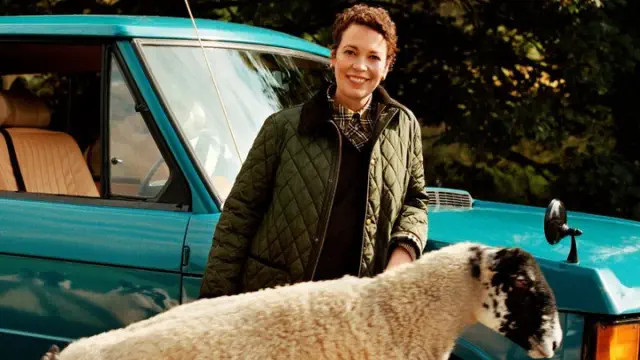Sign up with your email to receive Benzinga's comprehensive morning briefing: The PreMarket Activity Newsletter.

View pictures in App save up to 80% data.
In the world of Shark Tank, where million-dollar deals are made with a handshake and a smile, even Kevin O'Leary – aka "Mr. Wonderful" – isn't immune to making costly mistakes. With more than $8.5 million invested across 40 companies on the show, according to The Street, O'Leary's got his fair share of wins, like the $300 million sale of Plated. But not every pitch turns into a profit.
In reality, one of O'Leary's investments resulted in a loss of $500,000, a setback he attributes to disregarding an inner voice he now trusts completely – his intuition. During a 2022 interview with CNBC's Make It, he remarked, "Deep down, I had a bad feeling about it … and it ended up costing me $500,000. That was a foolish mistake."
What distinguishes this failure from others? It wasn't solely about the financial loss; it was the realization that he recognized the warning signs but deliberately ignored them. When everything fell apart, the lesson was more impactful than the monetary setback: at times, following your gut feelings holds greater value than the figures presented in front of you.
Here's how Mr. Wonderful's $500,000 misstep became a textbook case for why even seasoned investors should never let their guard – or their gut – down.
When Good Sharks Make Poor Investment Choices
O'Leary doesn't shy away from admitting that his worst Shark Tank deal still stings. While keeping the company's name under wraps for legal reasons, he shared the story of how it all unraveled.
It began with an investment of $250,000 in a telecommunications startup. Just a few months later, the founder came back, confessing that they had quickly exhausted the initial funds and required an additional $250,000 to rectify their errors. Despite his reservations, O'Leary decided to go along with it.
He later shared with CNBC, "My instinct was telling me, 'No.' However, since I was familiar with the guy and had a fondness for him, I decided to invest an additional [$250,000]."
Major error.
The company rapidly exhausted its second round of funding in merely 60 days, resulting in O'Leary having no returns on his $500,000 investment.
See Also: With 100+ historic trademarks including some of the high grossing characters in history, like Cinderella, Snow White and Peter Pan, this company is transforming the $2 trillion entertainment market with patented AR, VR, and AI tech. — For a short window, investors are able to claim $2/share ($980 min).
The Warning Signs Investors Overlook at Their Own Risk
The fallout taught O'Leary one critical lesson: always trust your instincts. "The lesson is: Listen to your gut, because that is your experience [talking]," he said. It's not just about crunching numbers or believing in a charismatic pitch – it's about recognizing the patterns and pitfalls that years of experience teach you to spot.
However, overlooking that intuition was not the sole error. O'Leary also recognized how crucial adaptability is in the business world. He observed that a common thread among his unsuccessful investments was the presence of founders who were unable to adjust their strategies.
"They're their own worst enemy," he remarked. "They refuse to heed anyone else's advice."
O'Leary referred to these entrepreneurs as "foolish," contending that their obstinacy frequently leads to the failure of their ventures even before they have a chance to launch.
The Importance of Failure on the Path to Success
According to O'Leary, poor investments are simply a part of the business landscape. "If you make ten investments, expect two or three to be major successes. Those wins will cover the losses from the other seven that didn’t pan out," he explained. The crucial aspect is to acknowledge that not every venture will succeed and to view each setback as an opportunity to make more informed choices in the future.
Yet, this blunder remains a constant source of regret for him – not only due to the financial loss but also because he disregarded his instincts. "I'm really frustrated. And I won't let that go," O'Leary confessed.
So, what's the takeaway for aspiring entrepreneurs and investors? Whether you pitch a product or sign a deal, remember that instincts matter. If your gut is telling you to hit the brakes, listen. It might just save you from your own $500,000 mistake.










